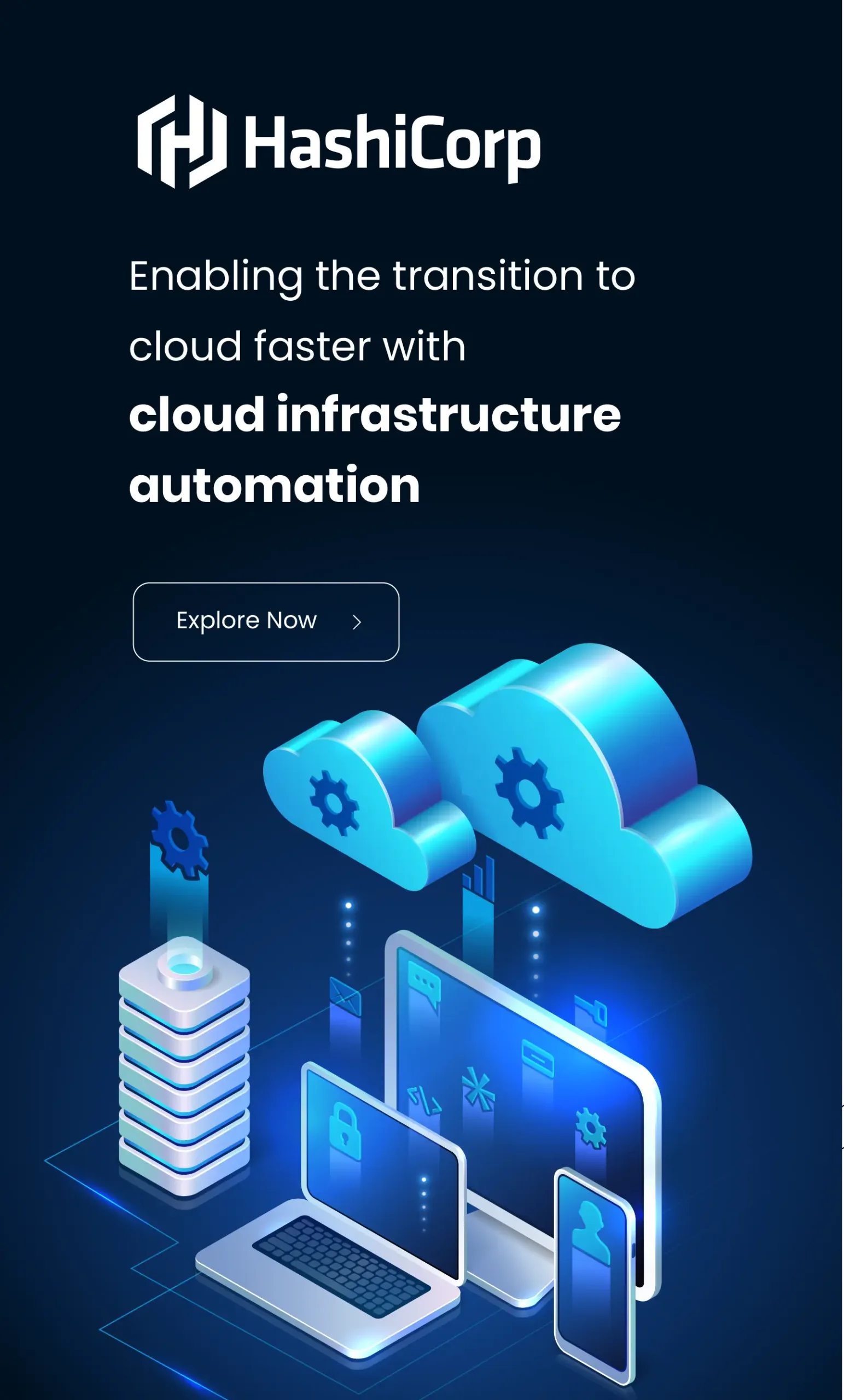Blog and News

AI in Healthcare: Smarter Decisions and Better Outcomes
Artificial intelligence (AI) is on the rise to transform many industries, with healthcare being one of the most promising industries to utilize the power of AI. AI is making healthcare more efficient, from helping doctors diagnose illnesses faster to improving patient care and hospital management. With the ability to quickly analyze large amounts of data, AI tools support better decision-making and predict health problems before they escalate further. This article will explore the example of AI usage in healthcare, its benefits, and challenges in implementing this modern technology.
How is AI Used in Healthcare?
Artificial intelligence (AI) transforms the healthcare industry across various applications, improving patient care and operational efficiency. Here are several examples of how AI is implemented in the healthcare industry:
Predictive Analytics & Patient Monitoring
AI can continuously monitor a patient’s vital signs and predict adverse situations, such as cardiac arrest or respiratory failure, by calculating early warning scores. This helps healthcare providers respond rapidly to these situations. AI also serves as an alternative solution to manual checks of vital signs, which can be time-consuming and prone to human error.
Healthcare Data Management
Healthcare organizations manage vast amounts of healthcare data every day. AI systems make data management easier by processing and connecting this big data, ranging from electronic health records (EHRs) to imaging, providing clinicians with comprehensive insights for better decision-making. For example, this data integration can support healthcare providers in cancer care by presenting a unified view of a patient’s disease state to guide treatment decisions.
AI-Powered Diagnostics
Each year, roughly 400.000 patients experience preventable harm, with 100.000 of them dying as a result. To avoid this, AI improves the diagnostic process and results. AI algorithms can analyze medical images, such as X-rays, CT scans, and MRIs, to detect diseases like cancer, pneumonia, and diabetes. The analysis often has the same or higher accuracy than human experts.
AI in Patient Experience
AI can support digital communications in healthcare by sending appointment reminders, personalized health tips, and suggesting next steps to patients. It also supports health diagnoses, making patient visits quicker and more accurate. This will lead to faster and more personalized care. By streamlining the patient experience, health providers can treat more patients effectively each day.
How Does AI Benefit Healthcare?
AI is crucial in improving patient outcomes, operational efficiency, and cost savings. Here are some benefits of AI in healthcare:
Improve Patient Outcomes
One of the main advantages of using AI in healthcare is improving patient outcomes. AI algorithms analyze medical images, patient data, and genomic information easier and faster. This will help healthcare providers identify potential diseases and conditions with greater precision and fewer risks than traditional methods. AI also enables tailored treatments and therapies for each patient based on their unique health data.
Enhance Operational Efficiency
AI makes daily operations within healthcare organizations more efficient through automation. For example, AI can automate routine tasks such as appointment scheduling, data entry, and documentation. This will free healthcare providers from repetitive tasks and focus on more complex patient care. Healthcare organizations can also optimize patient flow to reduce wait times and verify human decisions to minimize errors.
Cost Optimization
Another significant benefit of AI in healthcare is cost optimization. By enhancing operational efficiency and patient outcomes, AI helps reduce the overall costs related to healthcare delivery. For example, AI can analyze patient data and identify unnecessary tests and procedures, saving costs. AI also helps allocate resources more efficiently, such as optimizing staff levels and predicting equipment demand.
What is the Future of AI in Healthcare?
The future of artificial intelligence in healthcare will continue to rise as it is used to transform how medical professionals diagnose, treat, and manage patient care. For example, integrating machine learning algorithms into clinical practice is expected to enhance decision-making processes. AI can also identify patterns that may be unnoticeable to humans, enabling more accurate diagnoses and personalized treatment plans.
Moreover, AI implementation spans beyond diagnostics to predictive analytics that can forecast disease outbreaks and assess patient risks. Additionally, healthcare technology like telemedicine, which AI powers, can facilitate remote monitoring and virtual consultations. This will expand access to care for patients in remote areas or with disabilities.
What are the Challenges in Implementing AI in Healthcare?
Despite its benefits, AI implementation is not without challenges. Below are several challenges that healthcare organizations may face when integrating AI into their systems:
Data Quality, Security, and Privacy
AI systems require a large amount of high-quality data to function accurately. However, healthcare data is often incomplete, fragmented, or inconsistent across different systems, which impairs AI performance. The sensitive medical data also raises serious concerns about data security and privacy, requiring stringent data governance frameworks, encryption, and compliance with regulations.
Lack of Sufficient and Accessible Data
Many healthcare organizations struggle with insufficient or poor-quality data to train AI models. Data accessibility is also hindered by fragmentation across systems, limiting the ability to aggregate comprehensive datasets needed for robust AI applications.
Integration with Existing Systems and Workflows
AI solutions must be compatible with current healthcare IT infrastructure, including electronic health records (EHR) and imaging systems, to run properly. Technical incompatibilities and the need for huge workflow changes become barriers to smooth integration, requiring collaboration between healthcare providers and IT teams.
Lack of Training and Expertise
Effective AI implementation requires healthcare professionals to have adequate training and understanding of AI technologies. Lack of expertise may hinder the adoption and optimal use of AI in the healthcare systems, leading to potential misapplications of the technology. Investing in comprehensive training programs to harness the full potential of AI programs is necessary.
Bridge the IT Talent Gap in Healthcare with PhinCon’s IT Outsourcing Solutions
As the demand for AI in healthcare continues to rise, finding the right IT talent becomes increasingly critical, especially for companies expanding into new markets like Indonesia or seeking remote IT expertise in Indonesia. PhinCon Pte Ltd is here to support your digital transformation journey with our IT outsourcing solutions.
PhinCon Pte Ltd connects you with a vast pool of experienced Indonesian IT professionals across various levels and roles, including Android Developer, iOS Developer, Fullstack Developer, Golang Developer, Mobile Developer, Quality Assurance, DevOps, Business Analyst, Solution Architect, Project Manager, and L2 Operation Support.
Our services go beyond recruitment; we also handle payroll, benefits, and tax administration, allowing you to focus on your core business while we take care of your IT recruitment process. Additionally, our BPO services, including contact centers and customer support functions, help reduce operational costs while maintaining service quality.
Partner now with PhinCon to build agile, scalable, and cost-efficient teams that accelerate your innovation in AI healthcare, on-site or remotely. Contact us through sales.sg@phincon.com to learn more about our IT outsourcing solutions.
Editor: Irnadia Fardila
Categories
Popular Posts





